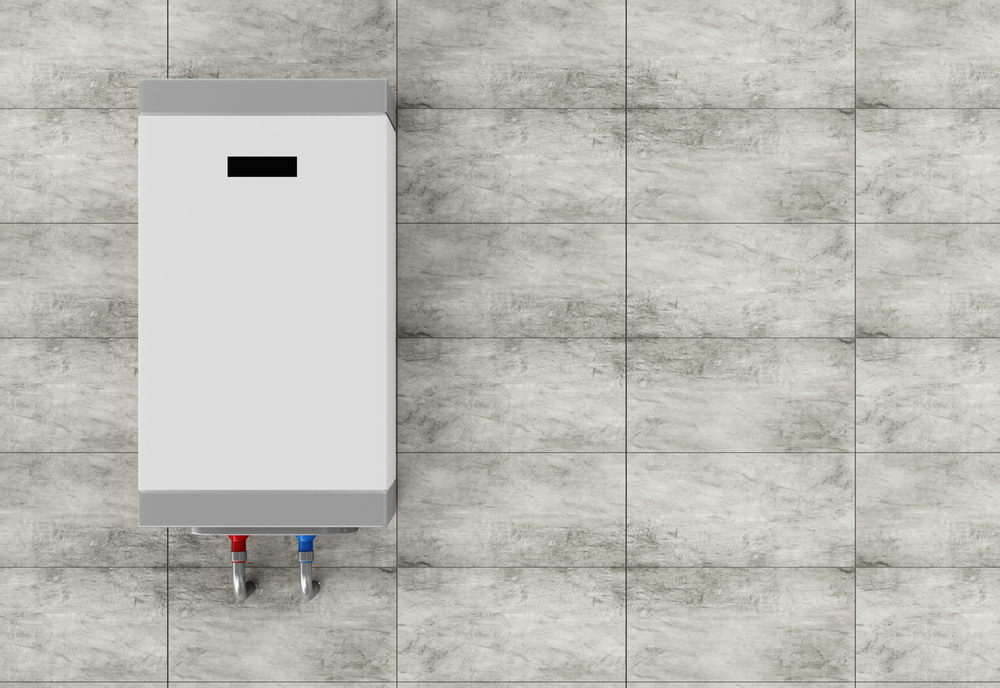Different Types of Hot Water Heaters
Hot water heaters are one of the most common appliances found in every household. In the US, an average household spends about $400-$600 every year on water heating. It is the second largest expense that accounts for 14% to 18% of a household’s utility bill. This suggests that investing in energy efficient hot water heaters is the need of the hour. It will not only help save you some money but also conserve energy.
Storage water heater
This type of water lasts for 10-15 years. In this, the heater holds a pool of hot water and releases it from the top of the reservoir whenever the hot water tap is turned on.

Tankless water heater
These heaters provide hot water only when needed and eliminate any standby heat loss. Tank-less water heaters last for around 20 years and are up to 34% more efficient than storage water heaters. Also, Energy Star qualified tank-less water heaters may help you save $100 annually.
Solar water heater
There are several types of solar water heaters but the two most common types are active and passive. Active types have circulating pumps and controls while passive types do not have any.
Tankless coil heater
This type of a heater does not have a tank and provides hot water on demand. The water gets heated as it flows through a heat exchanger or a heating coil(installed in the furnace) when the hot water faucet is turned on. This usually lasts about 10 years. Tank-less coil heaters are highly efficient during colder months when heating is often a major requirement.
Heat pump heater
This heater does not generate heat directly; instead, it uses electricity to allow heat to move from one point to another like in a refrigerator in reverse. ENERGY STAR qualified heat pump heaters can help save around $300 on your electric bills annually. These heaters can last between 10-15 years. However, there are a few limitations to this type of hot water heaters and you will have to consult a specialist.
Indirect heater
This type of water heater makes use of the furnace or boiler to heat the water which is circulated in the storage tank through a heat exchanger. Indirect heaters last for about 10 years and they also help save energy. Also, when used with a high-efficiency boiler and an insulated tank, Indirect Heaters can be less expensive.
Where can you buy water heaters?
Well, here’s a list of places from where you can buy hot water heaters.
- Water Heaters Direct, Fort Myers, FL
- USA Water Heaters – Installation & Repair, Irvine, CA
- Titan Tankless Water Heaters Distributor, Miami, FL
- Water Heaters Only, Inc., Phoenix, AZ
- Sears Hometown Store, Pennsylvania, KS
- Fast Water Heater Company, Bothell, WA
- Water Heaters Only, Inc., Riverside, CA
- Stiebel Eltron, West Hatfield, MA
- Ace Water Heaters Only, Inc, Wylie, TX
- US Craftmaster Water Heaters, Johnson City, TN
Having a nice warm water bath either at the start of the day or at the end of the day can be a wonderful feeling. To enjoy it, you will need efficient hot water heaters. However, apart from buying a stylish heater, you need to make sure that it is energy efficient and effective in reducing your electricity bills in the long- run. Go online or to any physical store, explore prices, and try to get as many reviews as possible about the selected model before purchasing it.

